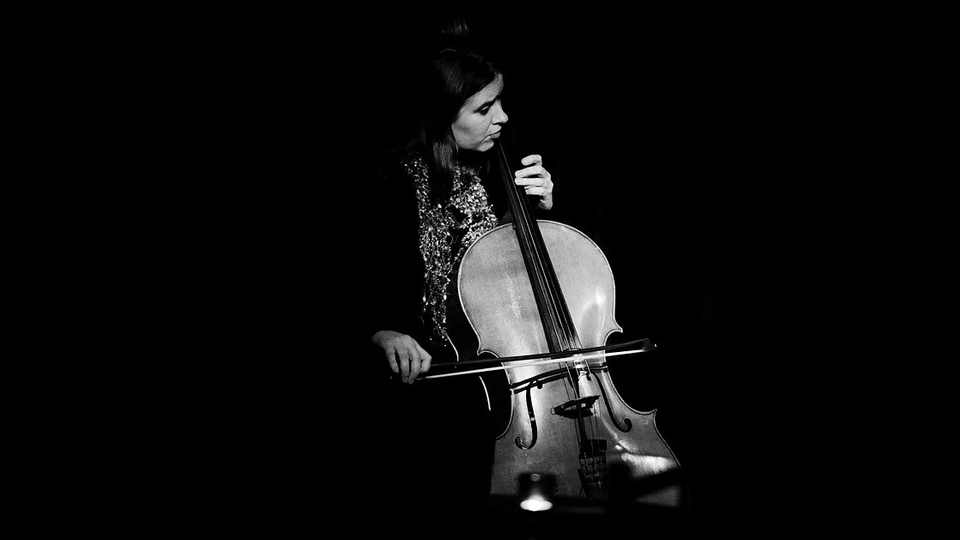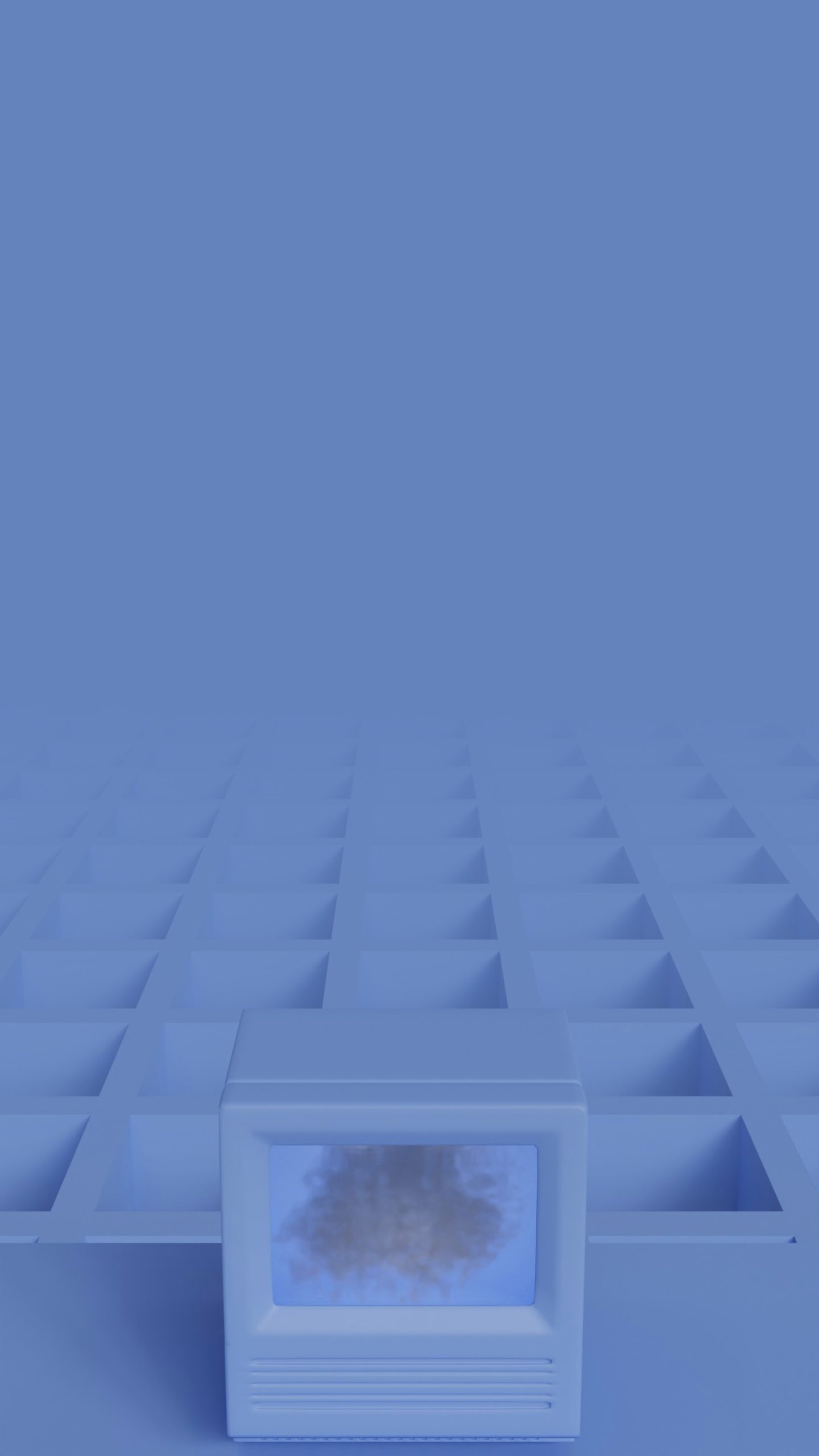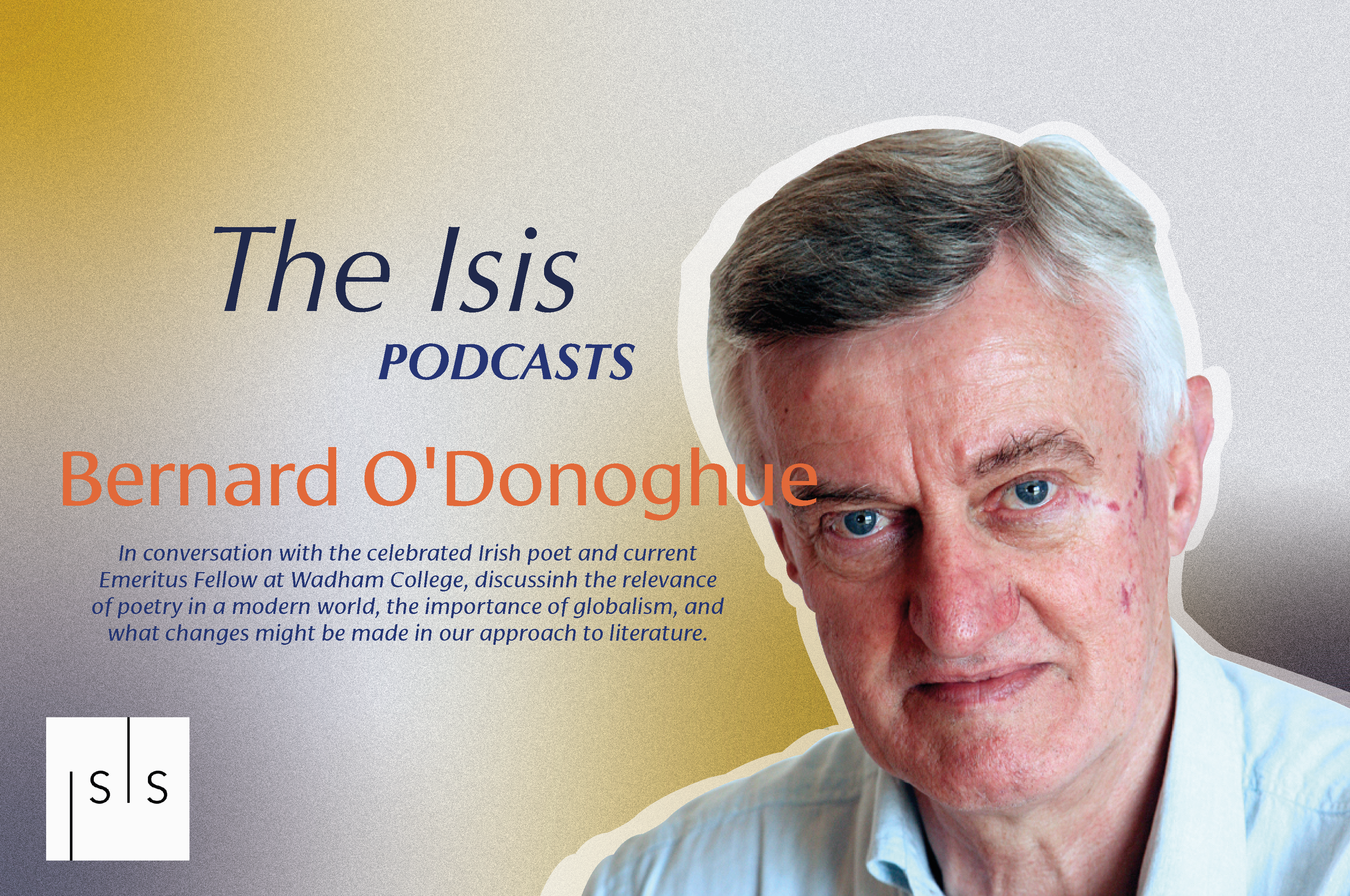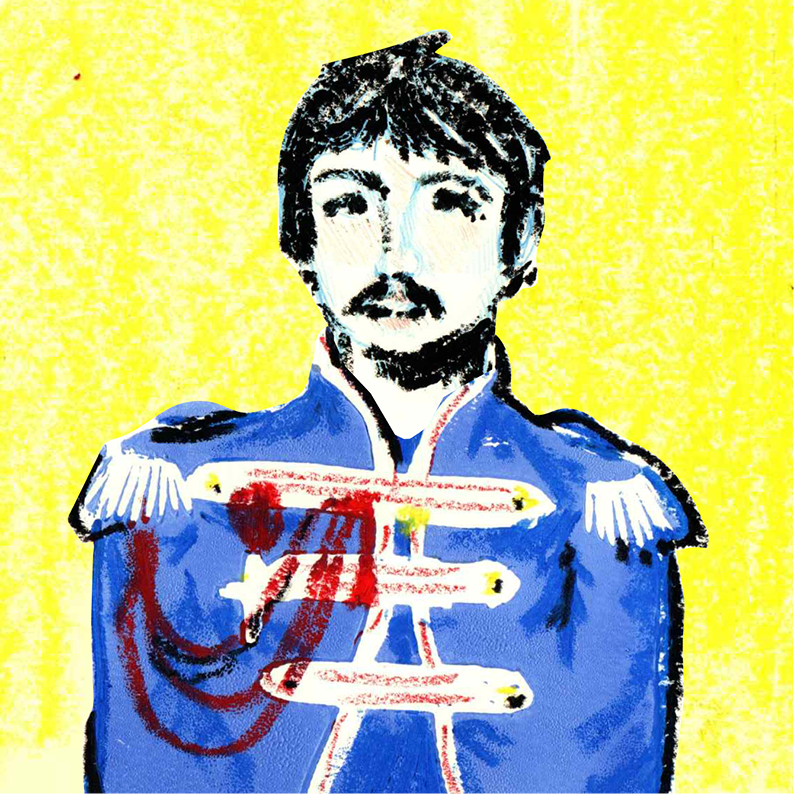
Venturing into the world of Arabian jazz: In conversation with Shirley Smart
On a Mad Hatter jazz night like no other, I was immersed into the eclectic sound world of cellist Shirley Smart. One of the UK’s most innovative cellists, in her reverberant embrace of strings, she weaves a symphony that transcends genres, seamlessly fusing the elegant precision of classical techniques with the soulful improvisation of jazz and the vibrant, evocative tones of Middle Eastern, North African, and Balkan harmonies.
During the gig, with each stroke of her bow, the cello developed a narrative, dancing between traditions, invoking a melodic journey that whispered tales of distant lands and echoed the mystique of the Orient while harmonising with the spirited rhythms of jazz.
Through Shirley Smart’s nuanced artistry, her instrument breathes new life, echoing the ancient whispers of tradition while boldly embracing the innovative fusion of genres. Dedicating some of her pieces to peace in the Middle East, she paints a musical canvas that celebrates difference and unites cultures in a mesmerising symphony of sound.
How did you find the gig in the Mad Hatter?
It was really fun. The venue is gorgeous. It’s a lovely little place – really quirky. I really liked it. Not just the stage, the whole place; when you went upstairs, the room where we put our stuff in was like a theatre, full of theatre props, all these random objects in there. It’s great. I love places like that. So yeah, super warm and friendly, both the venue and also the people I met in the jazz society.
What have you been up to recently? Have you got any new projects brewing?
I was recently at a venue called Toulouse Lautrec. It’s a lovely place – a really nice French restaurant in South London, but they’ve got a restaurant on the ground floor. Then the middle floor is a really lovely bar and they have a little piano bar in there and at the top they’ve got a jazz club as the whole of the top floor. I played there with my new project, which is more of an acoustic jazz project. It was our first gig, actually. So it was… yeah, it went really well. It’s people that I know well and have played with a lot over the years in different formats and different combinations. It’s more of a gypsy swing type line-up.
Can you talk to me more about your experience getting into jazz, and Moroccan jazz?
For sure, yeah. That’s a sound world that is definitely its own vibe. I started out as a classical cellist. And then when I started to get really interested in jazz when I was at the Guildhall, and I remember just hearing all these noises going on in the basement thinking, wow, that sounds amazing. What is that going on down there? And at that time, I couldn’t find a way to become part of that. So I started working, freelancing, but I still thought… I feel stuck. And basically, by quite a long series of accidents, I ended up going to live in Jerusalem for… it was meant to be a year, but it ended up being ten. I remember getting on the plane thinking, I have no idea quite what I’m doing, but it feels like the right thing to be doing at this time.
Where were you living in Jerusalem? How was it?
I started off studying at the Rubin Academy in Jerusalem. I was there for two years. And during my first year, I basically didn’t mean to stay that long at all. I thought worst case scenario is I’d get on a plane and come back. But I started at the Rubin Academy and while I was there, I met a girl who was teaching violin in Ramallah. So I started teaching there as well. I actually taught in Ramallah for seven years, and also in Bethlehem. And through that, I formed a string quartet with some of the guys teaching in Ramallah. We were playing one day in Jerusalem, we were just playing in this little bar. We had a little residency playing string quartets and string trios. And somebody came up to me in the break and asked me if I’d be interested in playing some Moroccan jazz. I thought to myself, that sounds amazing. I have no idea what that is. I’ll go find out. But I went and joined the band and it was actually a really good band. There were some fantastic musicians in it. So through that, I started to learn a lot of the Moroccan and Algerian style. And a lot of the musicians in that band were also really good jazz musicians. So it became a very natural fusion and there was also an Arabic oud player in the band who I became very good friends with who started teaching me a lot of classical Arabic music as well. We played a lot of the songs of Fairuz and Sabah Fakhri and all these old, amazing singers. It was amazing because I can’t think of too many jam sessions in the world where you’d play Fairuz and Charlie Parker in the same night. So many different traditions that I really was so lucky that I met the right people to open the doors and teach me a lot of that music.
When do you feel like this music that you were learning became part of your sound and was no longer something you were learning?
For me, I think because I didn’t mean to do it, it wasn’t something I said, right, I’m now going to go and learn this music. It happened very gradually and very organically. In a way that I think when I started playing, I wasn’t even that aware of what it was I was playing. It was just all these amazing sounds, but I didn’t really understand the relationship, for example, between the Chaabi and Umm Kulthum and Sabah Fakhri. I hadn’t mapped it out that well. That took me quite a while to work out and unpick what all these amazing sounds were, where do they all come from? What are the different historical trajectories of them as well? And I’d been playing it for about five years, then I sat and I was practising some Bach for the first time in ages and ages and ages. And I looked at my left hand and went: Hang on a second, my left hand technique has completely changed. And maybe that was the moment that I realised that it was now me, or that was my natural way of playing now, was to play Middle Eastern style.
How do you think you’ve evolved in your classical cello skills?
For a long time I didn’t play any classical music on the cello at all. I just went into, say, the stuff I was playing in Jerusalem, and when I came back to the UK, I wanted to carry on doing that as well. I didn’t feel I wanted to go back and play classical at all. I did a few because they were there and I was like, okay, no. And it’s still there. I can still switch it on, but it’s a real brain shift. But I think now actually coming back, then I started playing a lot of straight head jazz as well, so that’s another completely different technique or sound world. That’s really when the fusion started to happen. But recently I started going back to playing classical repertoire as well and it’s been really interesting coming back to it from a completely different standpoint. Actually in that respect, I think it’s probably made me a better classical cellist, but it’s taken a very long break in order to have that perspective, if that makes sense. I did a concert in February. We did it with a fantastic pianist that I met called Ben Smith, who is a really good jazz pianist as well and a really good improviser. He plays loads of very, very contemporary classical music, so he really can play anything. And he’s a great improviser, and it was quite important to me to have an improvised aspect to the programme and one that was really rooted in classical music as well. We didn’t just stick some jazz in the middle. We did a programme with bar [bass?], drums, and then some improvisations on three pieces by Nadia Boulanger, a French music educator and composer. That was really nice. I think all that experience has made me approach classical playing in a very different way. It’s nice to go back and realise how much the distinction between the way classical music is very often framed and perceived and what it actually is. There’s no way for me to deny that. I love it. Going back and listening to chamber music, the Brown’s Piano Quintet is one of my favourite pieces ever. And it’s lovely to be able to appreciate that and to be able to appreciate Fairuz.
At the gig, you dedicated a couple of your songs to peace in the Middle East. Can you talk to me more about that?
The situation now is obviously completely awful. For me, peace in the Middle East is going to be when the peace-loving people on both sides are listened to enough and when they are able to listen to each other. I lived there for a long time, but I’m neither born Israeli, I’m not Jewish, I’m not Palestinian either. I have a slight outsider’s point of view as well as having lived there. I have friends on both sides of the conflict, and I’m aware of all the different, so many different perspectives on it. I know that there are people on both sides that are well able to coexist. Then there’s a bunch of extremists who clearly aren’t, and they are the problem. Until they get out of the way, I just don’t think there will be peace in the Middle East. But at the end of the day, the hope and the belief in it has to be stronger.
How did you find that the musical world you were in was affected by the violence in the early 2000s?
I think in the band I was playing where we were learning the Chaabi there were quite a few Israeli musicians who are from very mixed backgrounds. For them, that question already is quite big. I think the pianists’ mum was Iraqi and his father was Argentinean. Then the bass player’s mother was Moroccan and his father was Yemeni. Then the other guy, the saxophone player, his mum was from Iraq and his father was from Morocco. They were very, very conscious of those cultures and traditions, but there was a real openness for that as well and a really nice balance of maintaining those cultural traditions and also being open and receptive. I think in terms of living within that situation and with that conflict, it’s sadly just something you learn to deal with on an everyday basis. I don’t know whether people consciously shut it out to play music. Some people will just say, well, it’s just music and we go there as an escape. I understand that. I think some people will treat it like that. Some people will treat it differently. I did play in an old female, ultra-Orthodox Jewish orchestra, and that was hard work. There were quite a lot of very, very right-wing perspectives in that and very anti-Arab. I found that really difficult. Eventually, I just thought I can’t, in all honesty, be in this orchestra. I don’t feel comfortable with these viewpoints. So I didn’t stay in it very long. But it was interesting because there aren’t many times in life when actually you get a window into that world. And some people in it, although they were, I think they’re just having ingrained prejudices in their own mind, and they don’t really know what they’re talking about. A few people were interested enough to find out and ask me about it. And we had some interesting conversations, but it was very difficult to deal with some of the more extreme viewpoints. In the end, I just left. What I found quite weird was the idea that you would be in a musical context and still think like this, but it happened. It certainly didn’t happen in the Moroccan and jazz band. So that was, I think, much more open for me and much more fluid. So they were very different worlds. It’s a complicated question to answer but for me, it’s so important to be able to talk about stuff and bring it out in the open as well. That is maybe the best way to find resolutions as well. If we don’t talk about things and people are unable to speak to each other, then nobody will get anywhere.
What would you say to someone who wanted to experiment with different cultures and genres?
It’s a great journey to explore different performance styles and different traditions. And whatever comes out of it, you learn something from doing it, I think. Whatever you come back to, you come back with a strength and perception because you know another world. I think that’s a really important thing. I know there’s an Iraqi singer, a friend of mine who used to be an opera singer. She was in the Bolshoi for a long time. And then she moved back here, and she went through this journey of stopping being an operatic singer and singing jazz for a while, feeling that wasn’t quite right for her. We had a project for a while singing Iraqi folk tunes but treating them in a really open and improvised way. We had a pianist from Germany who’d done a lot of Arabic music as well, so he knew the style. That was really interesting and I think part of her journey, and now she does some really amazing things with electronics and she runs a grime label as well. It’s just this really fascinating combination of influences and part of her trying to find out what her voice is. She’s still an incredible opera singer. I think she will always be an opera singer, but she’s putting that in different contexts, which is really interesting, and definitely something I relate to.∎
Words by Maria Cherfaoui. Photography courtesy of the Royal College of Music.







